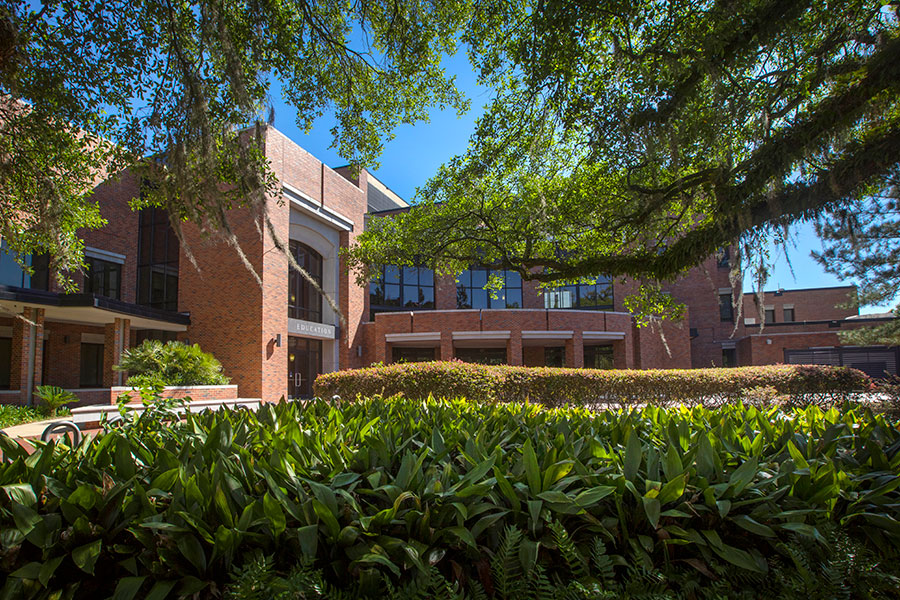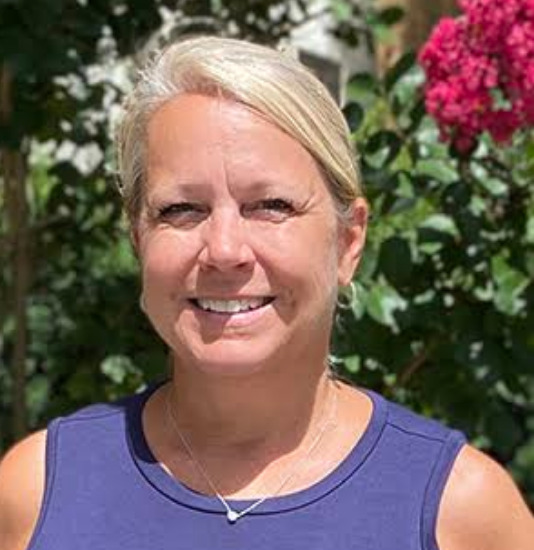Feds inform states particular ed service necessities should be met for college students


Federal companies warned officers throughout the nation, together with in Virginia, that some states aren’t offering particular training providers in an entire or well timed vogue, in line with an Oct. 5 letter from the U.S. Departments of Schooling and Well being and Human Providers.
The companies additionally notified state officers that many instructional placement choices for kids with disabilities are usually not according to federal rules, and evaluations to find out the eligibility of youngsters suspected of getting a incapacity are being delayed.
Valerie Williams, director of the Workplace of Particular Schooling Packages on the DOE, and Katie Hamm, appearing director for the Workplace of Head Begin at HHS, signed the nine-page letter reminding officers of the significance of supporting youngsters and their households. The letter additionally included details about assets for implementing early childhood packages for all youngsters.
“As we begin this new faculty yr, OSEP and OHS need to emphasize the significance of offering youngsters with disabilities and their households the providers and helps that they should thrive,” the administrators wrote.
Charles Pyle, a spokesman with the Virginia Division of Schooling, stated the company obtained a duplicate of the letter however didn’t remark about whether or not the division is complying with federal legal guidelines and if there’s any connection to trainer vacancies.
In July, for the eleventh consecutive yr, Virginia earned the U.S. Division of Schooling’s highest ranking for bettering outcomes for college students with disabilities and compliance with the federal People with Disabilities Schooling Act. Underneath IDEA, college students with disabilities should obtain instructional providers tailor-made to their private wants.
However in September, a class-action lawsuit alleged the Virginia Division of Schooling and Fairfax County College Board have been violating the rights of disabled college students below IDEA for years.
Vivian and Trevor Chaplick, the dad and mom of an nameless Fairfax County scholar, argued of their go well with that VDOE and the Fairfax faculty board “have actively cultivated an unfair and biased” listening to system to supervise challenges to native choices about disabled college students.
The dad and mom claimed that state listening to officers, who’re chargeable for holding hearings to resolve disagreements over particular training providers, have dominated disproportionately in opposition to dad and mom for 20 years.
Between 2010 and 2021, Virginia dad and mom “obtained a good listening to” in solely 13 of 847 instances, the lawsuit says.
Michael Adamson, an affiliate at Susman Godfrey L.L.P. and a lawyer for the Chaplick household, stated in a press release to the Mercury that the household is inspired to see each federal companies take discover of points affecting college students with disabilities and their households.
He stated the household additionally hopes the companies will take “immediate motion to cease the systematic unfair therapy of Virginia households within the context of IDEA due course of hearings, during which biased listening to officers nearly by no means rule in favor of oldsters and college students.”
Particular training has been among the many hardest-hit areas for trainer vacancies lately, with 617 unfilled positions in Virginia through the 2021-22 faculty yr. Emptiness information for the 2022-23 faculty yr are usually not but out there.
Virginia Gov. Glenn Youngkin’s administration earlier this fall launched an initiative to fill trainer vacancies by way of methods together with hiring retired educators and focusing on recruitment and retention efforts towards communities most in want. Trainer advocates have pointed to trainer pay and extremely politicized working environments as some causes for shortages.
* * *
This text first appeared on Virginia Mercury and is republished right here with permission. Virginia Mercury is a part of States Newsroom, a community of reports bureaus supported by grants and a coalition of donors as a 501c(3) public charity. Virginia Mercury maintains editorial independence.




